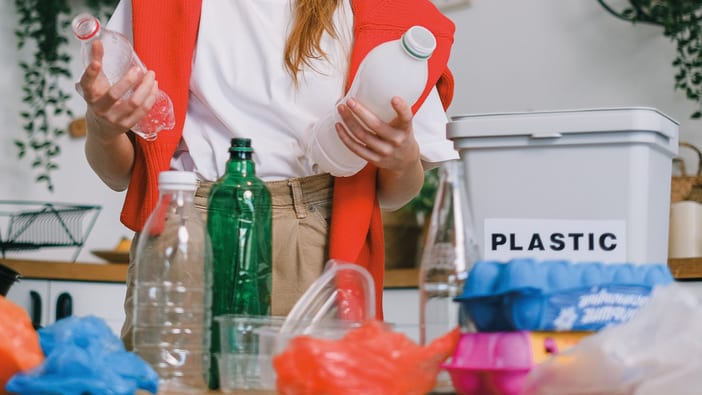In just a few weeks the world is kickstarting talks for a new global treaty on plastic pollution. This has the potential to protect people living in poverty from the harms of plastic waste. However, your prayers are needed as the treaty is already coming under threat.
The United Nations Environment Assembly will be meeting shortly in Nairobi, Kenya, to launch negotiations for a new legally-binding treaty on plastics. The treaty will hold countries and corporations around the world accountable for plastic waste. They will make crucial decisions about the scope of this new treaty, including whether it covers all plastic pollution, or just ocean plastic.
It has the potential to make a real difference to people living in poverty. But only if the stronger version is passed.
Busloads of pollution
Last year, Peru and Rwanda proposed a broad treaty that will tackle all plastic pollution. It gained support from many countries, including the United Kingdom and the European Union. However, at the end of last year, Japan submitted a competing draft.
Japan’s draft narrows the focus to plastic waste in the oceans only. This excludes one of the most damaging aspects of plastic pollution: the burning of plastic waste. This is despite burning causing the majority of deaths linked to pollution.
Japan’s draft is backed by some of the largest plastics companies – Exxon Chemicals, Shell Chemicals and Dow. This may be because Japan’s vision for the treaty doesn’t require corporations like these to reduce the amount of plastic they are producing – even though a double-decker busload of plastic waste is being burned or dumped in developing countries every second.







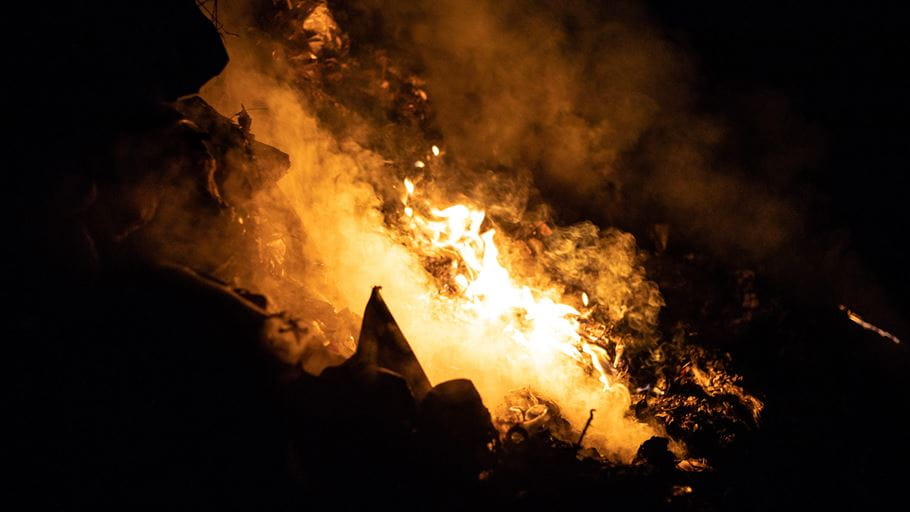
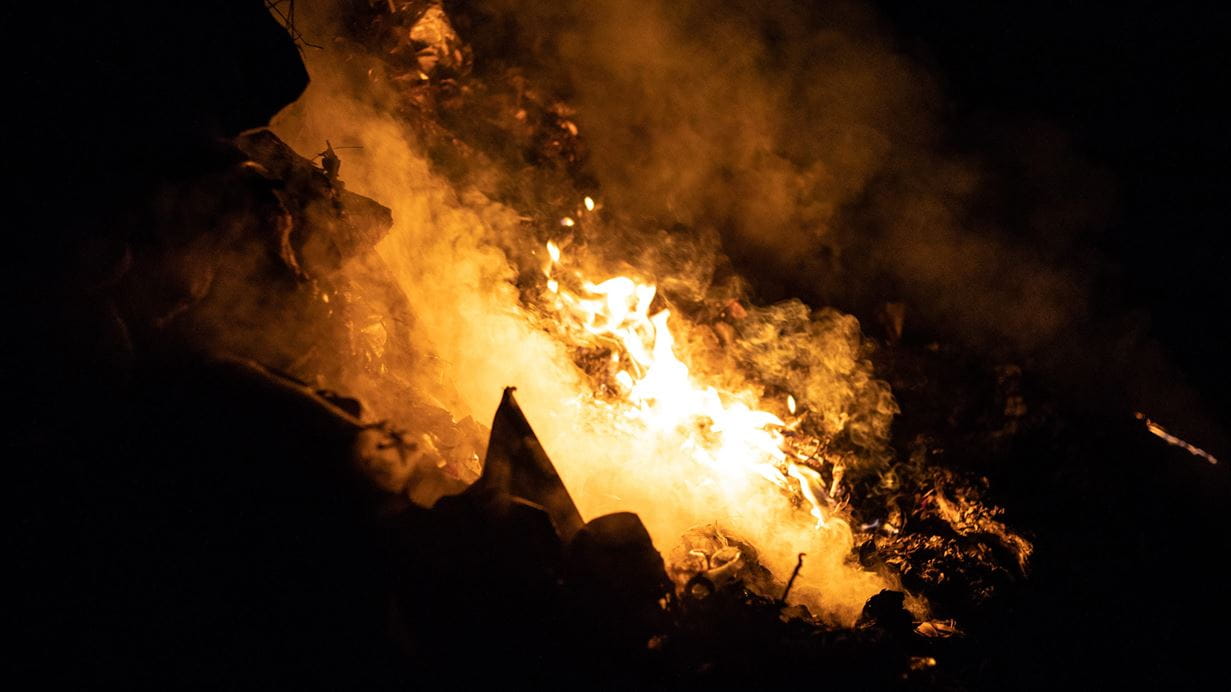
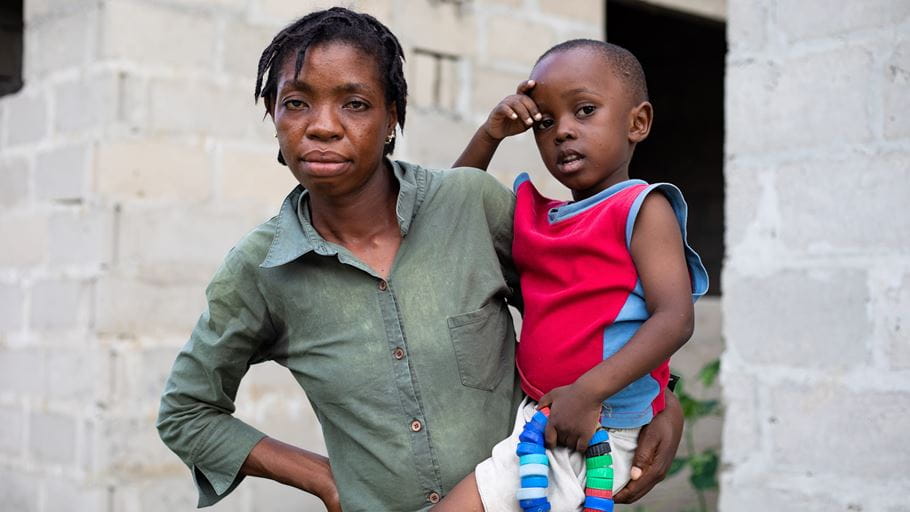
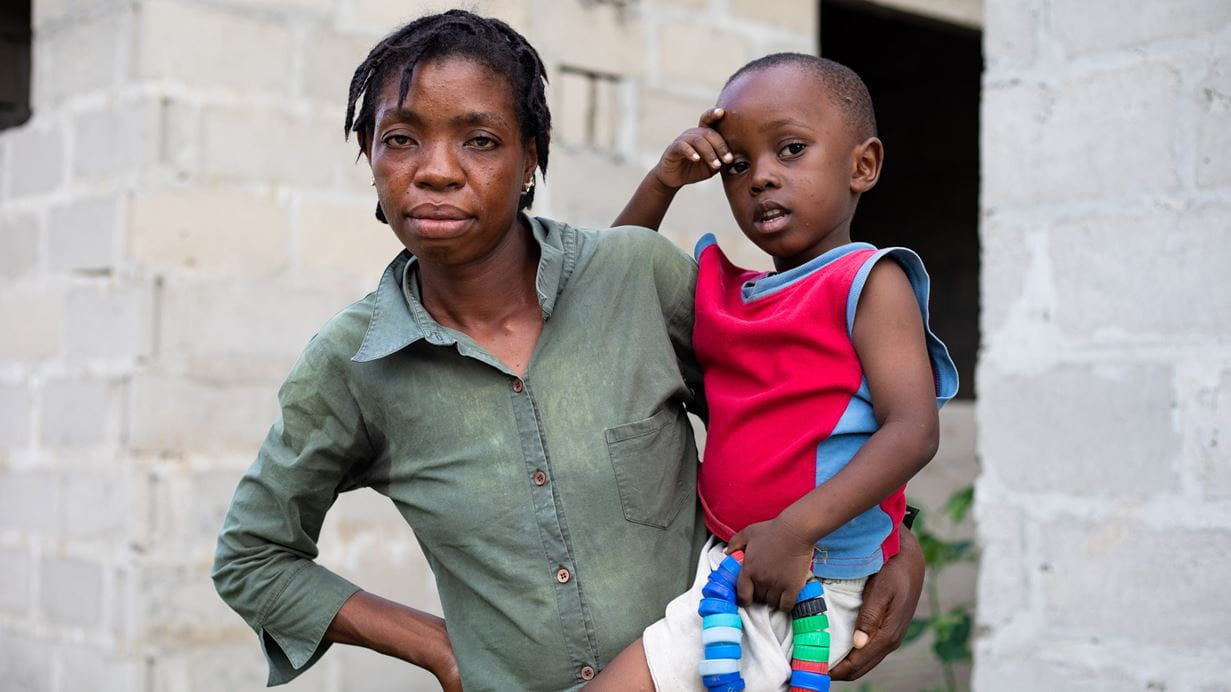
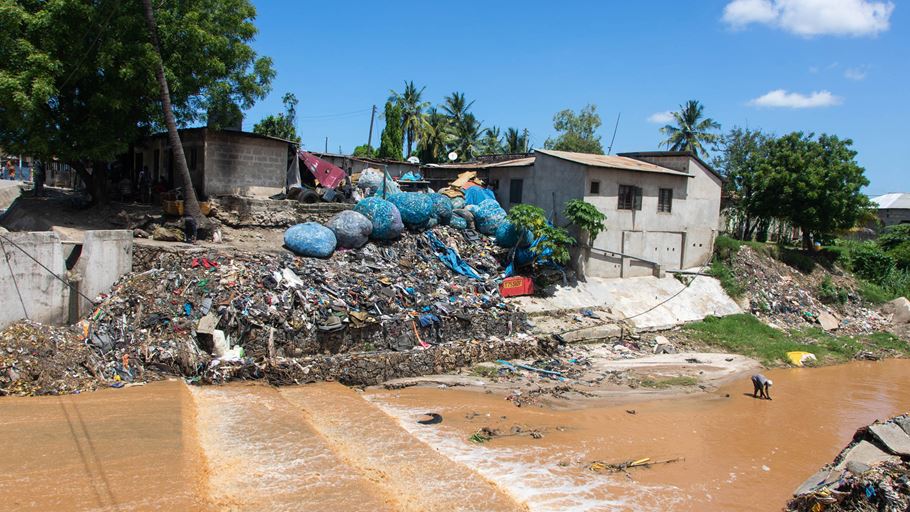
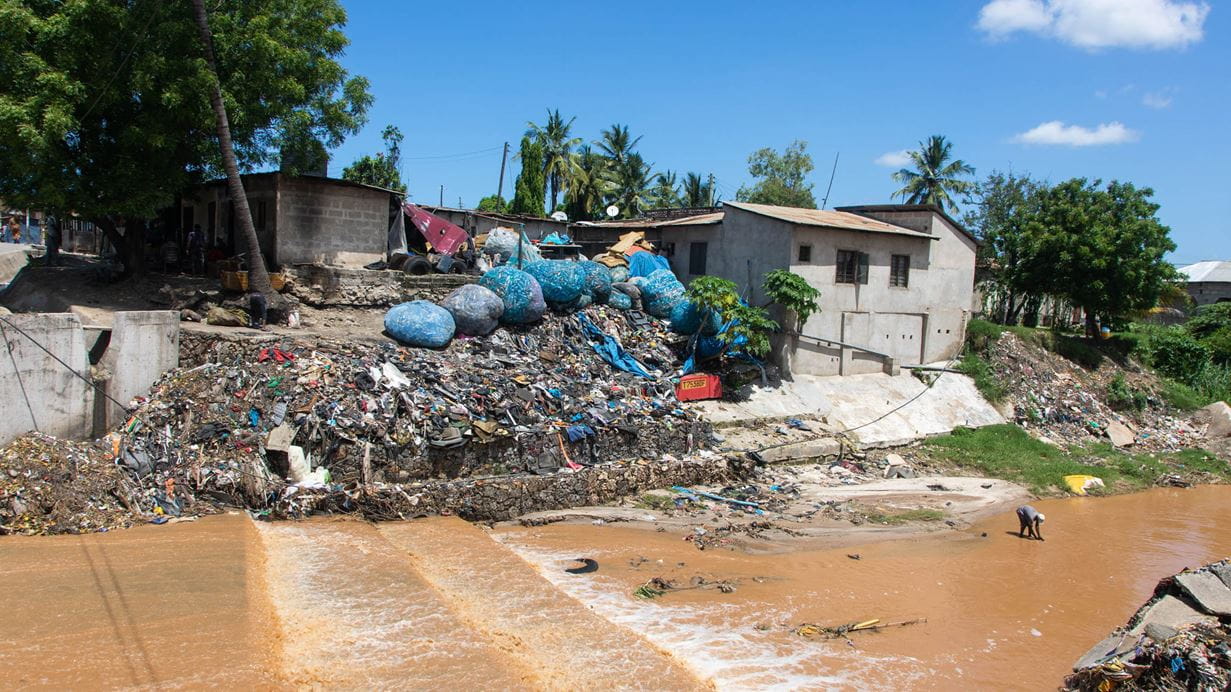


.png)
